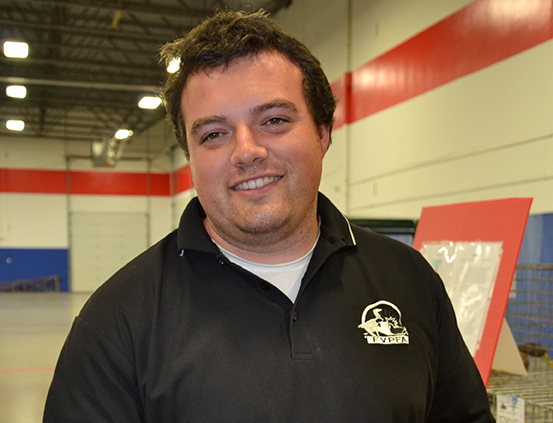The turn of the year brought a positive turn of events in the BC poultry sector’s battle against highly pathogenic H5N1 avian influenza.
Two primary control zones (PCZs) in the province were revoked by the Canadian Food Inspection Agency, including one in Langley on January 5 and second in the District of Kent on January 6. Three premises were located within the two zones, but all have been released from quarantine.
“PCZs are revoked when post-outbreak surveillance is completed and no further cases of highly pathogenic avian influenza are detected,” CFIA explained in announcing the revocations. “Controls may remain on infected premises within the PCZ as necessary.”
Both control zones were imposed in early November following outbreaks at commercial premises, part of a wave of detections that began in Chilliwack on October 20. A total of 15 control zones existed at the crest of the wave.
CFIA has detected avian influenza at 54 premises since October 20. The latest detection occurred on Christmas, also in Chilliwack.
During a webinar the BC Poultry Association hosted December 19, biosecurity protocols for both birds and people were reviewed as part of efforts to curb the outbreaks.
“This fall has seen us experience more detections in a shorter window than we’ve experienced before,” said Clayton Botkin, director of the industry’s emergency operations centre.
On the plus side, the total number of birds destroyed was smaller and occurred in a shorter window than during the fall 2022 wave. Twenty-four premises were depopulated within three days of detection, something Botkin attributed to a more rapid and efficient response from the CFIA with the support of industry.
Botkin reminded the webinar’s 130 attendees that biosecurity remains key to prevention.
“This event is likely not over,” he said. “We continue to hear of detections in wild birds. With a number of farms in the disposal and decontamination process, the potential for new detections exists every single day. Please be careful.”


 Potato harvest up 10%
Potato harvest up 10%